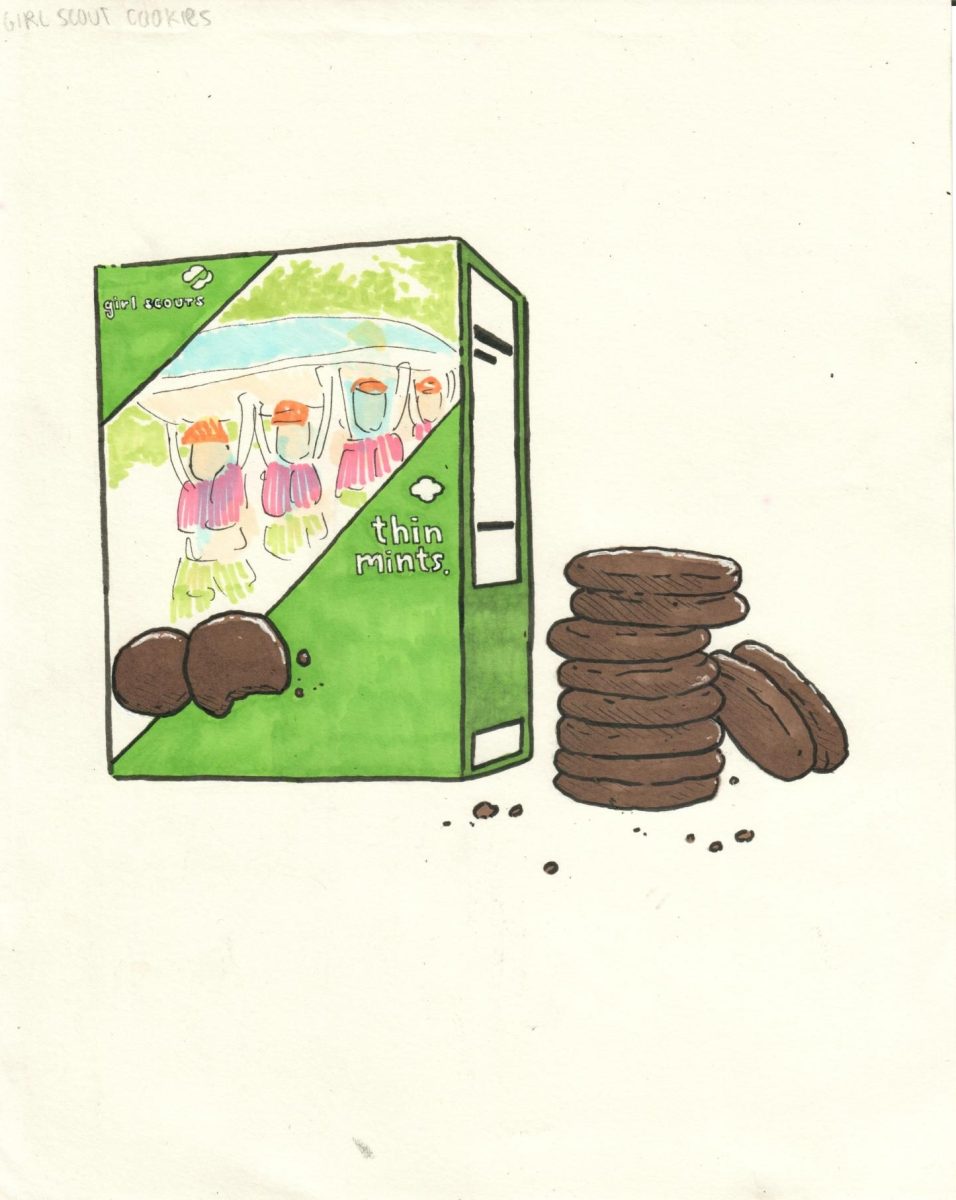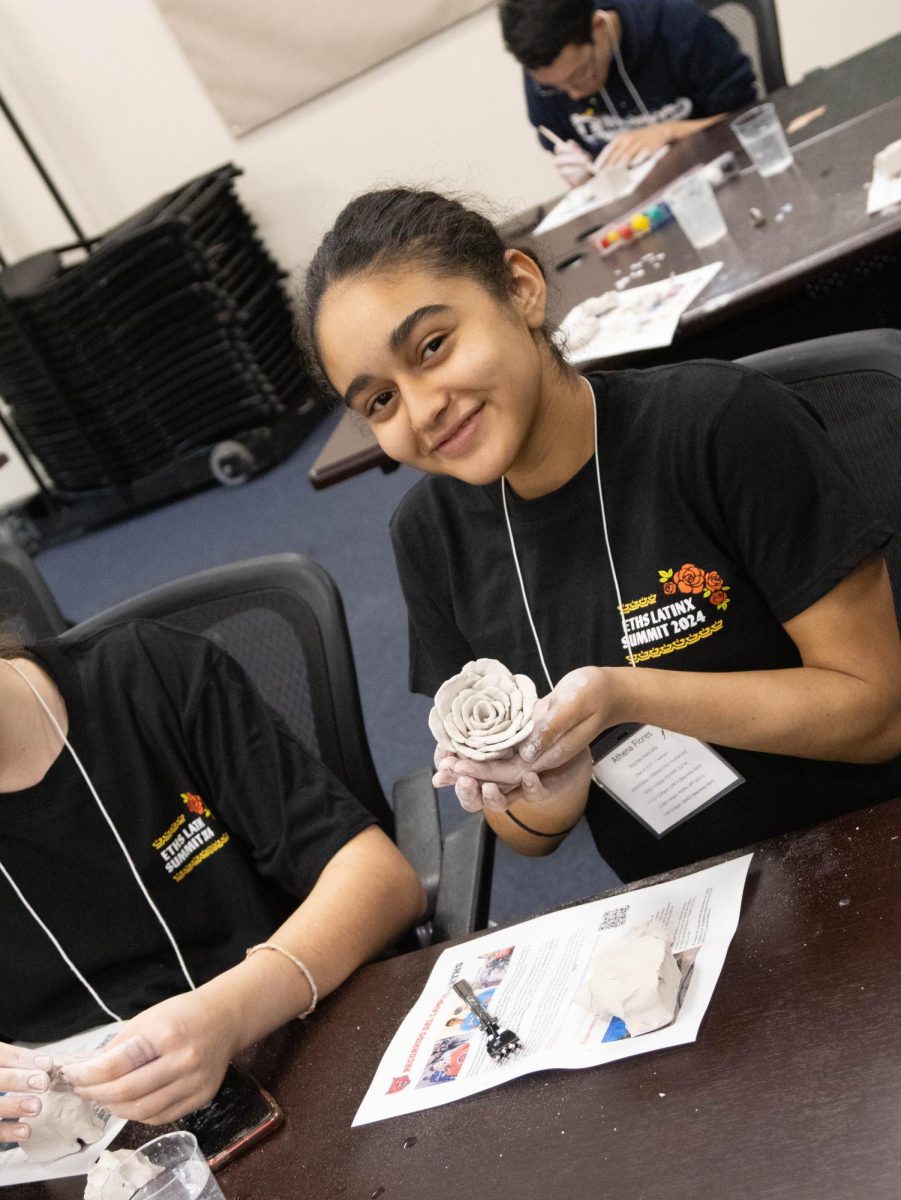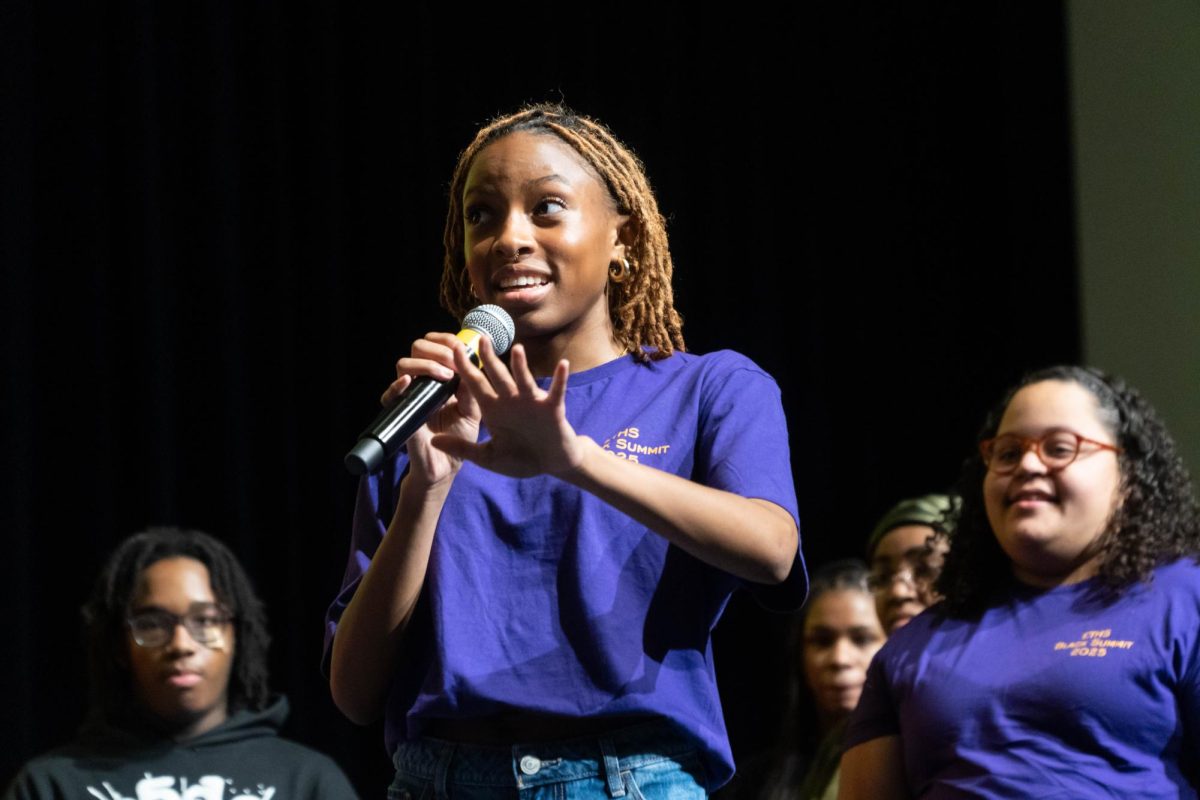On Nov. 20, the Evanston City Council gathered to make a final decision on Northwestern University’s proposed stadium renovation. It’s been over a year since the Evanston-based school released their plans to rebuild Ryan Field, their football stadium, and since then the approval of the proposal has been the topic of much debate in Evanston.
There were three votes that took place at the meeting, the first being to approve the actual stadium renovation. That passed 6-2, so the council then moved on to two more ordinances. The first concerned the rezoning of the area surrounding the stadium, and the ability for Northwestern to host public-facing concerts at the rebuilt facility. The second ordinance concerned authorizing City Manager Luke Stowe to sign a letter of mutual understanding between the university and Evanston. Both ordinances resulted in a split vote, then requiring Mayor Daniel Biss to break the tie. In both situations, Biss voted in favor of Northwestern.
“The agreement with Northwestern is a historic level of direct financial support for the city, which is really a game changer,” said Biss, referring to Northwestern’s pledge to contribute $150 million to the city over a 15 year period.
The stadium’s renovation is due to be finished in 2027, which is when Northwestern will be allowed to host six large-scale concerts per year. A study, conducted by the City, projected $77.8 million in additional revenue for the city as a direct result of the concerts.
“Towns of this size don’t see investments of this size and significance very often. That’s a big deal,” said Biss.
Many Evanston residents were unhappy with the rezoning aspect of the arrangement.
“[The Council] has been ignoring and manipulating rules and laws,” said a Seventh Ward resident.
Citizens who opposed the proposal have been protesting the build for months, filling the seats in Council meetings and having upwards of 60 people speak during the final public comment opportunity. Speakers who were in favor of the stadium were booed off the podium at their turn, turning the environment of the council room somewhat hostile.
“We talk about overwhelming yeses and nos, but what I’m disappointed in is that the yeses are afraid,” said Second Ward councilmember Krissie Harris, five hours into the meeting. “They have been bullied.”
In the end, however, those who disagreed with renovation were outweighed by council members who saw the potential economic benefit for the city.
“We’re still in a time of dramatic economic change for places like Evanston. Our pre-pandemic retail economy was reliant on a large daily population of office workers, and like all other business districts in that situation, we have not fully recovered,” wrote Biss is a lengthy email that was sent to all Evanston residents the morning after the decision.
He closed the meeting with words of encouragement and consolation for people on both sides of the now-resolved debate.
“We have to be willing as a community to embrace change,” said Biss. “Change is uncomfortable and change is difficult, and as we work through the difficult process of determining what changes are good and appropriate for a community, I think it’s really important for us to treat each other with the assumption that we are asking the same question, which is ‘What’s best for Evanston?’ knowing that we might get different answers and that that is actually a healthy and positive part of democracy.”







